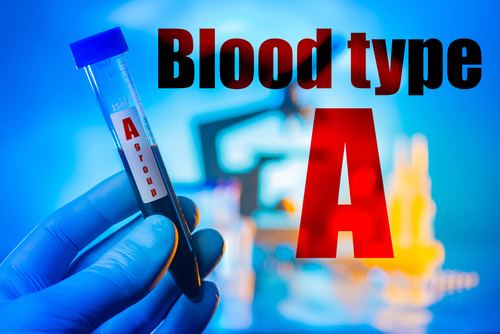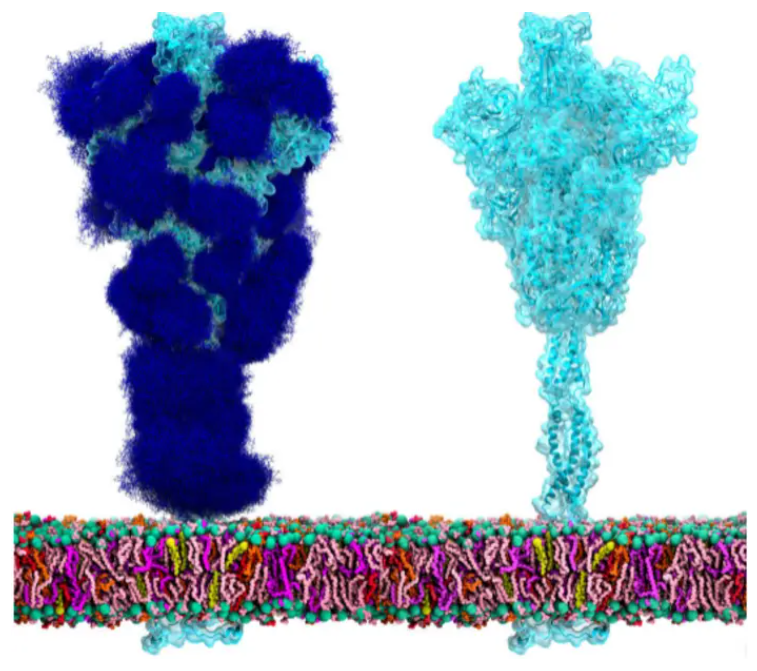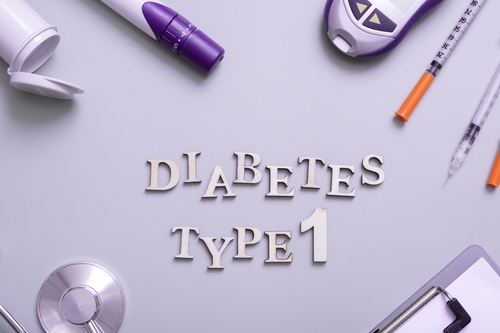
SARS-CoV-2, the virus that causes COVID-19, preferentially infects blood group A cells, according to data published in the journal Blood. The findings draw a direct link between this blood group and a higher rate of COVID-19 infection.
In the early days of the COVID-19 pandemic, results from a previous analysis published in Blood Advances indicated that individuals with blood group A (approximately 33% of the US population) appeared to be more susceptible to the novel coronavirus, while those with blood group O (approximately 38% of the US population) seemed to be somewhat less susceptible. The recently published data point to a mechanism that might explain this apparent risk imbalance.
“We show that the part of the SARS-CoV-2 spike protein that’s key to enabling the virus to invade cells displays affinity for blood group A cells, and the virus in turn also shows a preferential ability to infect blood group A cells,” said lead researcher Sean R. Stowell, MD, PhD, of the Harvard Medical School, in a press release.
Dr. Stowell and colleagues found that the addition of a protein that inhibited SARS-CoV-2 from differentiating between certain blood group antigens blocked the preference of the virus for infecting blood group A cells but had no effect on blood group O cells. Moreover, the addition of a different protein that didn’t block the recognition of blood group antigens had no infection-inhibiting effects on either A or O cells. “Blood group A cells were more likely to be infected with SARS-CoV-2 when compared with blood group O cells,” Dr. Stowell said. Additional research demonstrated that the Omicron strain of COVID-19 had an even stronger preference for infecting blood group A cells than the original virus strain.
Despite the findings, Dr. Stowell cautioned that people with blood group O can still be infected with COVID-19. “Among a group of several thousand people, some studies suggest that those with blood group A may be 20% more likely to be infected after exposure to SARS-CoV-2 compared with those who have blood group O. But people with blood group O can still contract the virus and may transmit it to others,” he said. “Moreover, factors such as age and chronic conditions like heart disease rank higher than blood type in determining individuals’ risk for severe SARS-CoV-2 infection.”







 © 2025 Mashup Media, LLC, a Formedics Property. All Rights Reserved.
© 2025 Mashup Media, LLC, a Formedics Property. All Rights Reserved.